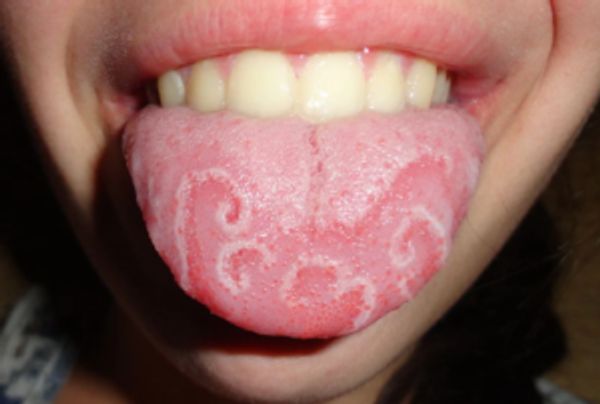The appearance of a white tongue can be a cause for concern, especially if it is accompanied by a bad taste or dryness. While brushing your teeth may help in some cases, there are instances where it may not be enough. So what should you do if that happens?
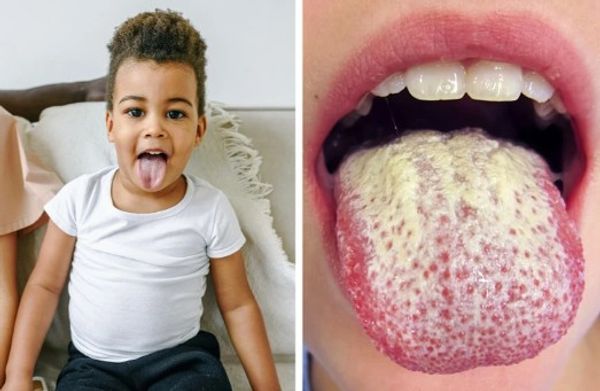
Understanding the White Tongue
A white tongue can appear as a coating that covers the entire surface, a portion of it, or in the form of patches. It may also be accompanied by an unpleasant taste and odor. The white appearance is actually due to the build-up of dead cells, bacteria, and other particles on the surface of the tongue. So what causes this build-up?
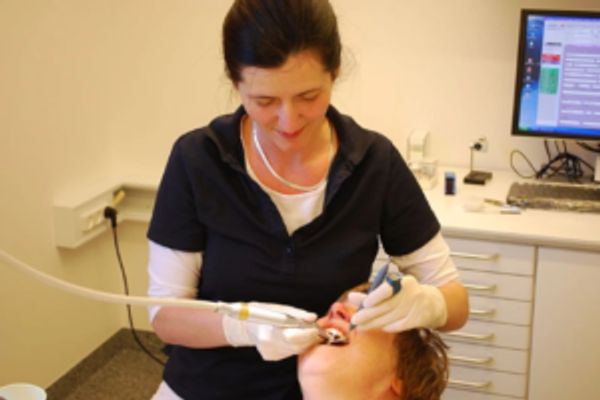
What Causes the White Tongue?
The white coating on the tongue can be caused by a variety of factors. It can be due to the presence of bacteria, leftover food particles, or dead cells in the spaces between the buds on the tongue. Sometimes, certain conditions or diseases can also lead to the formation of white spots on the tongue.
Factors that Increase the Likelihood of a White Tongue
Several factors can increase the chances of developing a white tongue. These include:
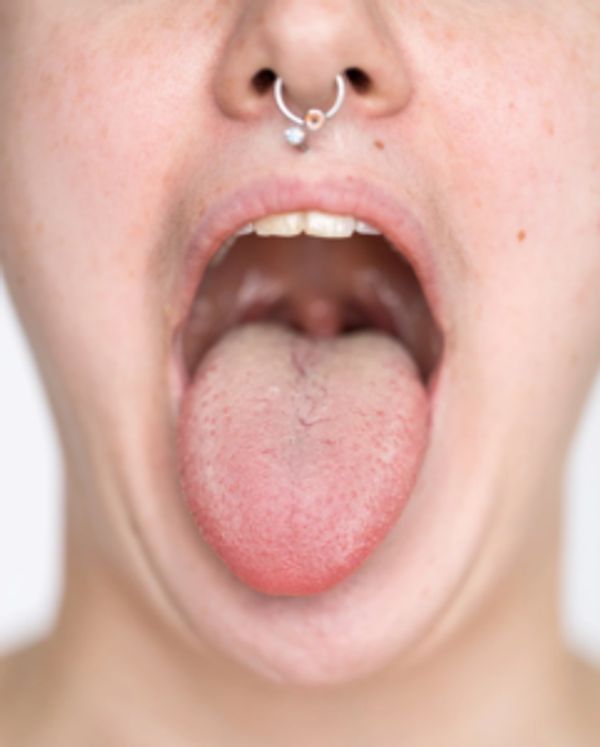
- Age: Fungal infections in the mouth can lead to the development of white-yellow plaques, which can be prevented with antibiotics.
- Poor diet: Not consuming enough fruits, vegetables, vitamin B12, and iron can contribute to the formation of white plaque.
- Weakened immune system: Having a compromised immune system can make you more susceptible to oral health issues.
- Inadequate oral hygiene: Not practicing good oral hygiene can contribute to the build-up of bacteria and dead cells on the tongue.
- Dry mouth: Having a dry mouth or dehydration can also increase the likelihood of a white tongue.
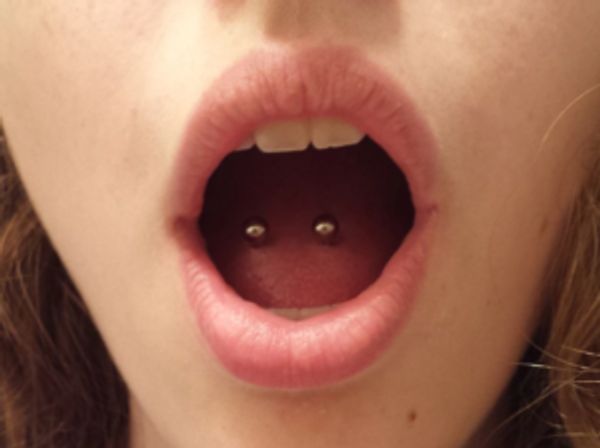
Dealing with a White Tongue
If you’re concerned about having a white tongue, there are some steps you can take at home to address the issue. These include:
- Practicing good oral hygiene: Brush your teeth and tongue regularly, and consider using a tongue scraper.
- Staying hydrated: Drink plenty of water to keep your mouth moist.
- Using a gentle toothbrush and fluoride toothpaste: Opt for a toothbrush with soft bristles and a toothpaste that does not contain sodium lauryl sulfate.
- Using fluoride mouthwash: Rinse your mouth with fluoride mouthwash to help remove the white coating.
- Avoiding hot, salty, acidic, or spicy foods and beverages: These can irritate the tongue and contribute to the formation of a white coating.
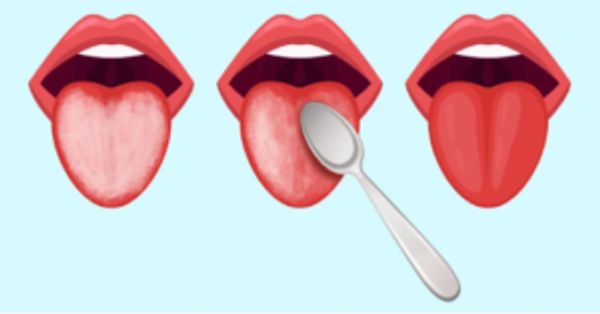
When to Seek Professional Help
If home remedies do not improve the condition of your white tongue or if it is accompanied by other symptoms, it’s important to seek professional help. Your dentist can help remove the white film and recommend appropriate treatments. Your primary care physician may also be able to diagnose any underlying conditions and provide necessary medications.
Remember, a white tongue can be a sign of various factors and may require professional attention to determine the underlying cause and appropriate treatment.
